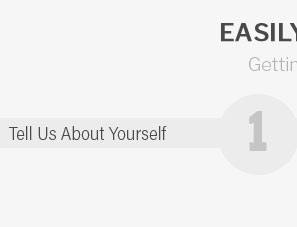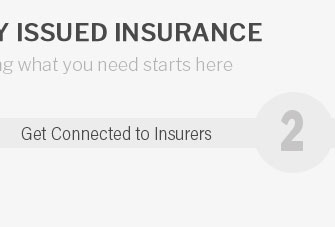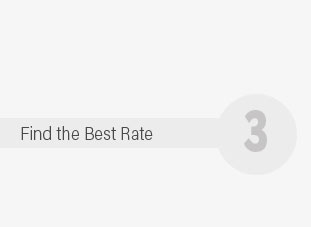 |
 |
 |
|---|
 |
 |
 |
 |
|---|
 |
 |
 |
 |
 |
 |
|---|

Understanding Car Insurance Comparison Sites: Frequently Asked QuestionsIn the modern digital age, the quest for the perfect car insurance policy can seem daunting; however, the advent of car insurance comparison sites has revolutionized the way consumers approach this task. These platforms serve as a beacon of simplicity amidst the complexities of insurance jargon and varied policy offerings. Below, we delve into some of the most frequently asked questions regarding these indispensable tools, providing clarity and insight into their operation and benefits. What Are Car Insurance Comparison Sites? At their core, car insurance comparison sites are online platforms designed to offer users a side-by-side evaluation of various insurance policies from different providers. They aggregate data from multiple insurers, allowing users to compare prices, coverage options, and other critical factors without having to navigate each insurer's website individually. This streamlined process empowers consumers to make informed decisions with ease. How Do These Sites Work? The operational mechanics of car insurance comparison sites are relatively straightforward yet ingeniously effective. Users typically begin by entering basic information about themselves and their vehicles. This might include details such as age, location, driving history, and the type of vehicle. The comparison site then uses this data to generate personalized quotes from a wide array of insurance providers. The comparison process is usually swift, with results appearing in mere minutes, providing a comprehensive overview of available options.
What Are the Advantages of Using These Sites? The benefits of using car insurance comparison sites are manifold. Primarily, they save time and effort by consolidating a multitude of options into a single, user-friendly interface. Additionally, they enhance transparency, enabling consumers to make well-informed decisions based on clear and comparable data. Furthermore, these platforms often provide users with access to customer reviews and expert ratings, offering valuable insights beyond mere pricing. Are There Any Drawbacks? While the advantages are significant, it is important to acknowledge potential drawbacks. Some users may find the sheer volume of information overwhelming, particularly if they are unsure of what coverage they need. Additionally, the reliance on digital platforms may pose challenges for individuals less comfortable with technology. Despite these potential hurdles, the overall utility of comparison sites remains largely uncontested. In conclusion, car insurance comparison sites stand as a testament to the power of technology in simplifying complex decisions. By understanding their functionality and benefits, consumers can leverage these tools to navigate the insurance landscape with greater confidence and efficiency. Whether you are a first-time buyer or looking to renew your policy, these platforms offer invaluable assistance in securing the coverage that best suits your needs and budget. https://www.moneysupermarket.com/car-insurance/
While you can get car insurance at any time, the best window to score the most affordable cost of your premiums will fall within 15 to 29 days of your policy ... https://www.reddit.com/r/Insurance/comments/11t6f7o/website_for_car_insurance_comparison/
Website for car insurance comparison? It's been ages ... Please never ever use sites like EverQuote, Smart financial, Quote Wizard etc etc. https://www.uswitch.com/car-insurance/
Compare cheap car insurance quotes from up to 160 providers and start saving in minutes with Uswitch.
|
|---|